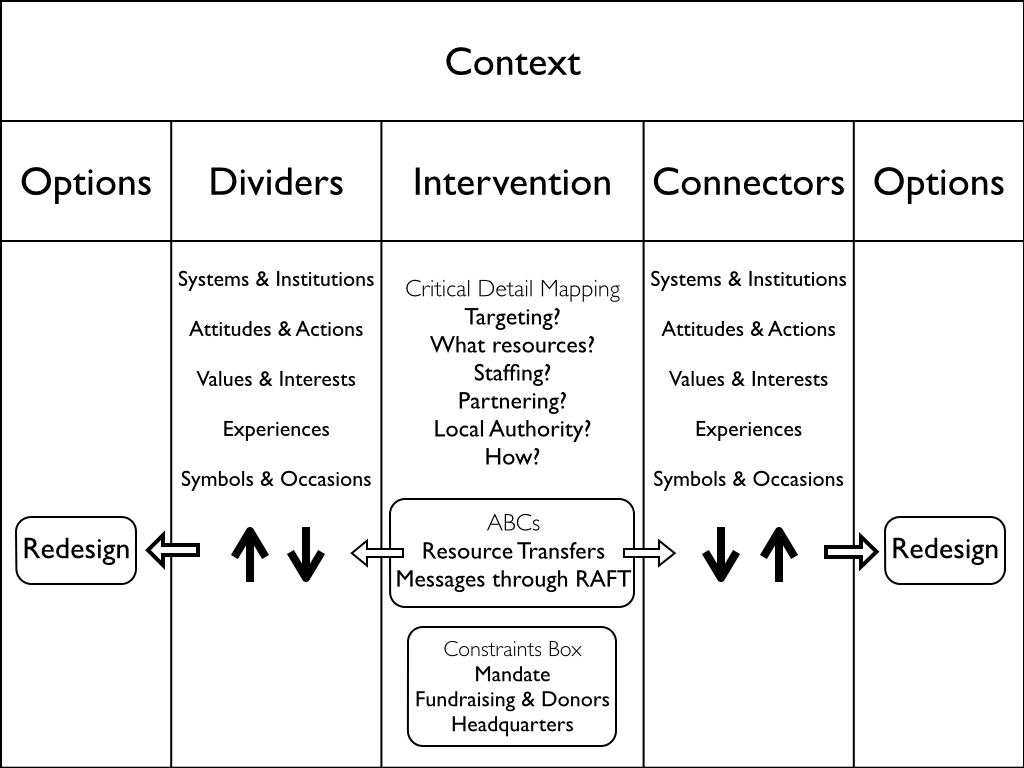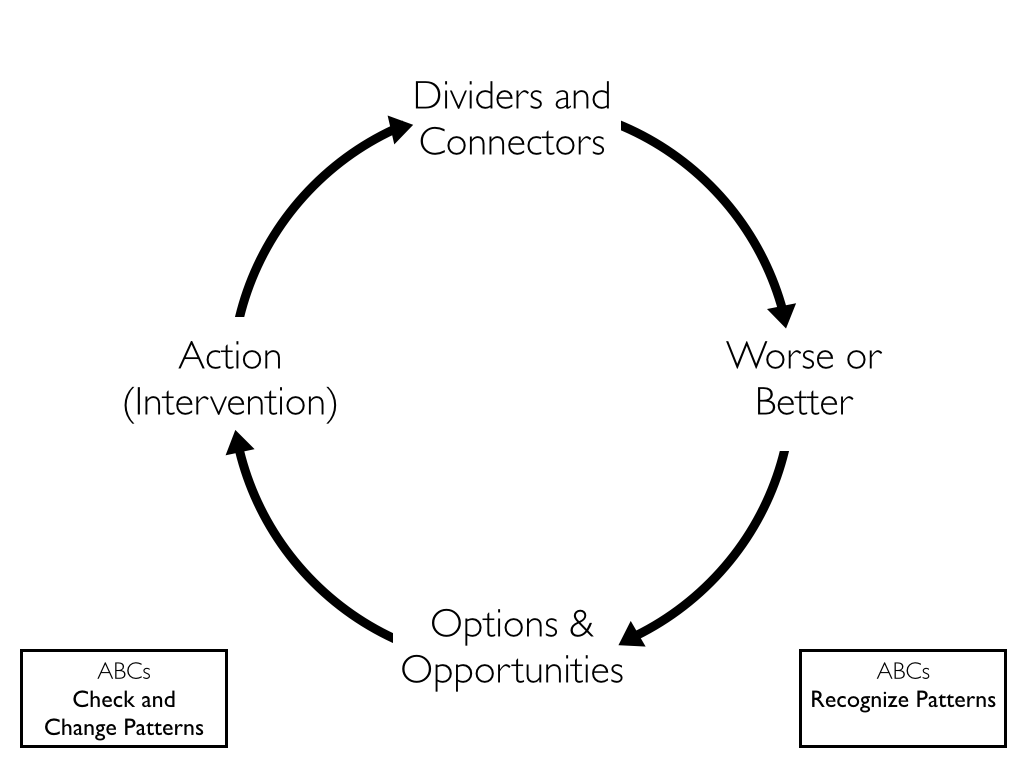Lack of accountability is when we fail to accept our own shortcomings and mistakes. This can take the form of an outright rejection of them, or it can be an unwillingness to change. Accountability means that when we make mistakes, we want to know it and to fix them. This requires a willingness and the capacity to learn from the mistakes. Believing we have the capacity to act is also a form of accountability. Accountability is essential to learning.
Impunity and lack of Accountability
Intervening agencies raise funds and secure resources to support their programs for helping communities. When they or their staff are seen to use resources for their own purposes, such as for a weekend away or taking a bag of rice for a relative, this sends a message about power and authority (and disrespect!).
The ability to allocate resources can become a question of “what can I get away with?”. Impunity means that those who control resources and the access to them can, if they wish, use them for themselves. Some are tempted to believe that having responsibility for resources also gives the right to use them. This is the very opposite of accountability.
Fighters and those inciting conflict want impunity for two things. First, they want to use resources for their own gain and pleasure. Second, they want to get away with everything they do during conflict. When interveners mirror this sense that conflict “excuses” their actions, they reinforce the conflict and convey messages of impunity and disrespect.
Previous Page Powerlessness and lack of Accountability
Next Page Security, Arms and Power and lack of Accountability
Related Topics
Responsibility and Accountability
Organizations and lack of Accountability
Organizations and Accountability
Using Accountability

